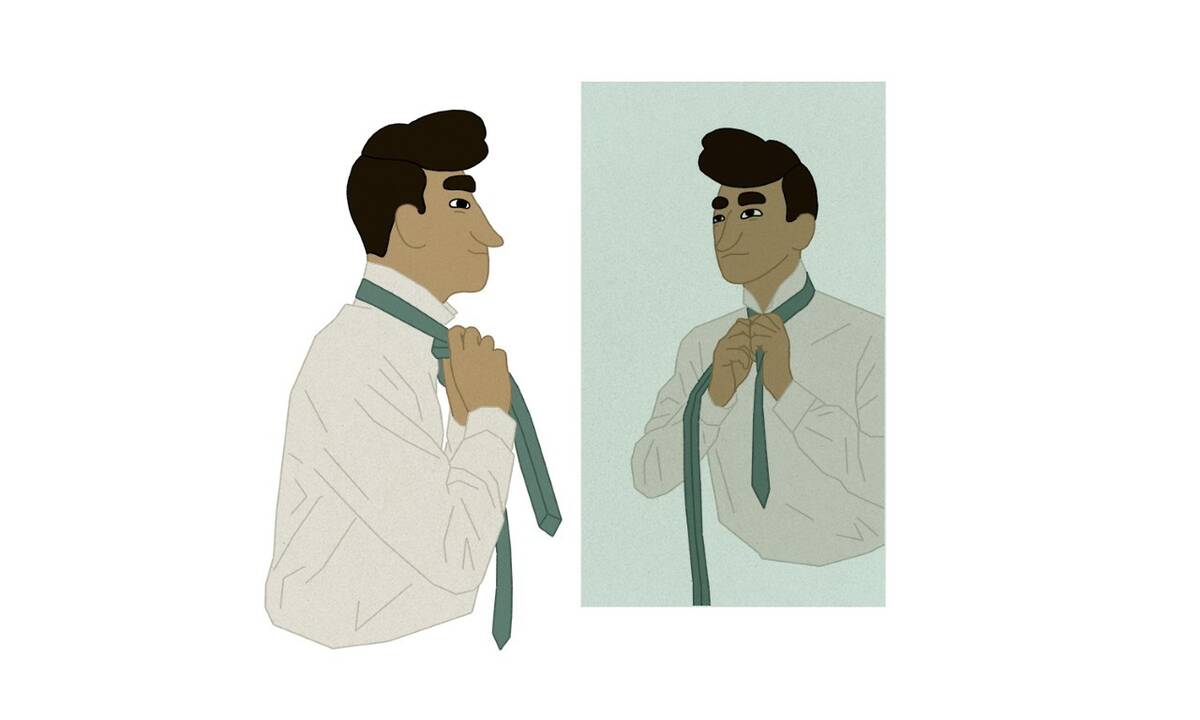Featured Faculty
Michael S. and Mary Sue Shannon Clinical Endowed Professor; Clinical Professor of Strategy

Lisa Röper
Editor’s note: This is part of a series of articles based on Kellogg Executive Education webinars focused on COVID-19.
Two months into the pandemic, many people who are still able to work have switched from triage mode to settling into a new normal. And with that may come a desire for professional growth.
Each Thursday, Kellogg faculty are offering free webinars on how COVID-19 is impacting businesses, markets, and careers. You can sign up for upcoming sessions, hosted by Kellogg Executive Education, here.
“Once that shock wore off a bit, many people are starting to think, ‘how can I use these circumstances as a catalyst to try new things?’” says Carter Cast, a clinical professor of innovation and entrepreneurship at the Kellogg School.
But how does one manage their career and professional development during a pandemic? Cast offered advice during a recent webinar from Kellogg Executive Education, based on research for his book, The Right—and Wrong—Stuff: How Brilliant Careers Are Made and Unmade.
Often during periods of rapid transition—because of a major change to an industry or to a person’s specific job—people become stuck in their old ways or are afraid to be vulnerable and try something new. But there are strategies for becoming unstuck, Cast says.
For starters, try dipping your toes in new waters, what Cast calls testing “your provisional self.” For example, if you’re thinking about a career switch, maybe start out by doing some consulting in the area you’re interested in before you decide to go all in on a new job. “It’s kind of like putting on a new suit and seeing how it fits,” he says.
Even in your current role, you may be able to test out new skills or responsibilities in low-risk ways. Perhaps you can join a company task force or volunteer to head up the annual charitable campaign.
What you want to avoid is getting stuck in what Cast calls “version 1.0,” meaning you aren’t able to adapt to new circumstances. This is important for career development all the time, but particularly during the current crisis.
“We have to realize there is a seismic shift going on,” Cast says. “This change is probably going to be lasting in many ways, and the sooner we understand that, the sooner we can flip the topic on its head and say, ‘what are some of the benefits that we have now that we didn’t have before?’”
Cast went through this process himself while teaching this spring. He initially kicked against the idea of teaching virtually because of the lost contact with students. But then he realized he had a great opportunity to bring in guest speakers from all over the world—people he’d never have thought of when classes met in person. He says he tripled the number of speakers students heard from this quarter, including one from as far away as New Zealand.
In order to shift into a version 2.0 or take some small steps forward, you need to know which direction to move in. This requires a self-awareness about what motivates you, as well as where your blind spots are.
A key way to explore this is through self-reflection, Cast says. This could mean quiet meditation or journaling—both of which are strategies Cast employs. Doing this means you can “start synthesizing what you’re feeling.”
In fact, if you only have an hour to devote to career development right now—because, for many of us, life is still very hectic—Cast suggests you start a journal.
“You capture what’s on your mind. You capture new ideas. You capture things that are worrying you. You capture things that are joyful. You capture areas of gratitude. You capture fears, new ideas you might want to pursue,” he says. “Test out the process of journaling, and see if it takes.”
You can watch the full webinar here and see previous articles from this series here.